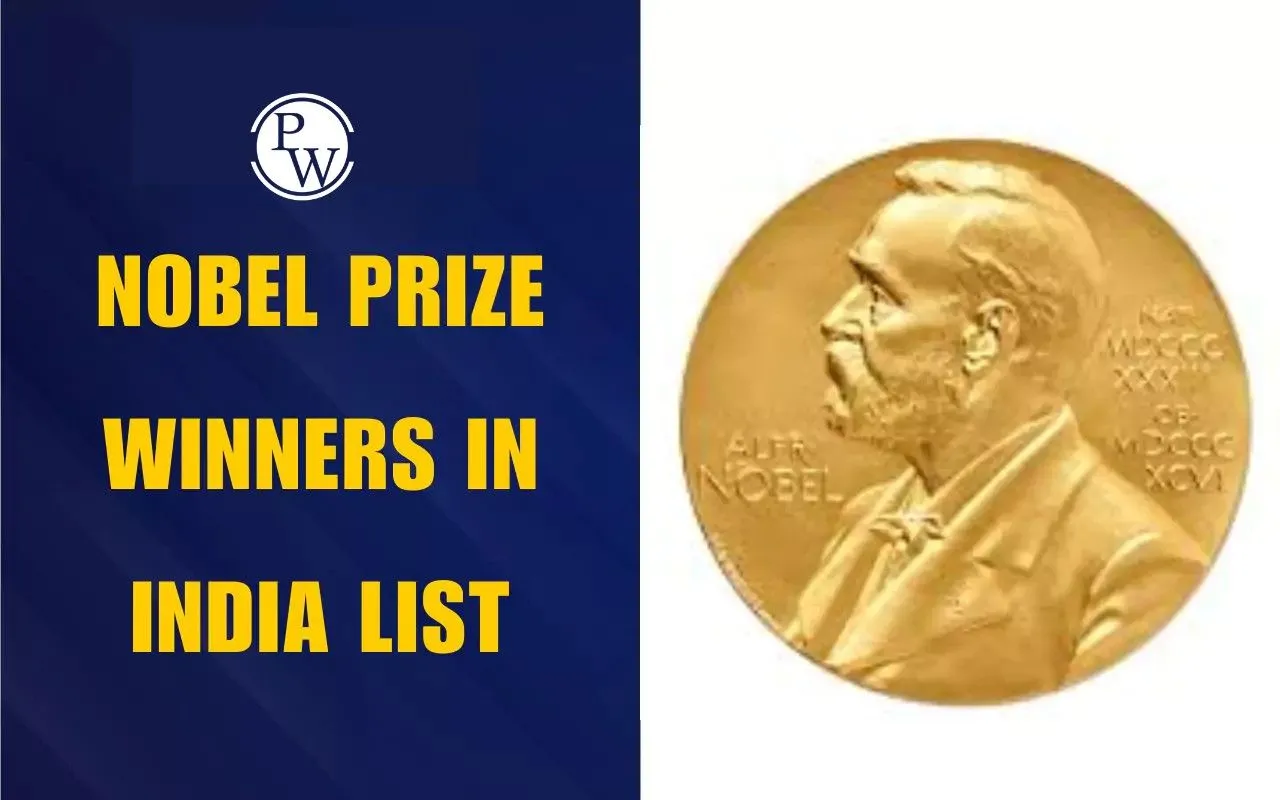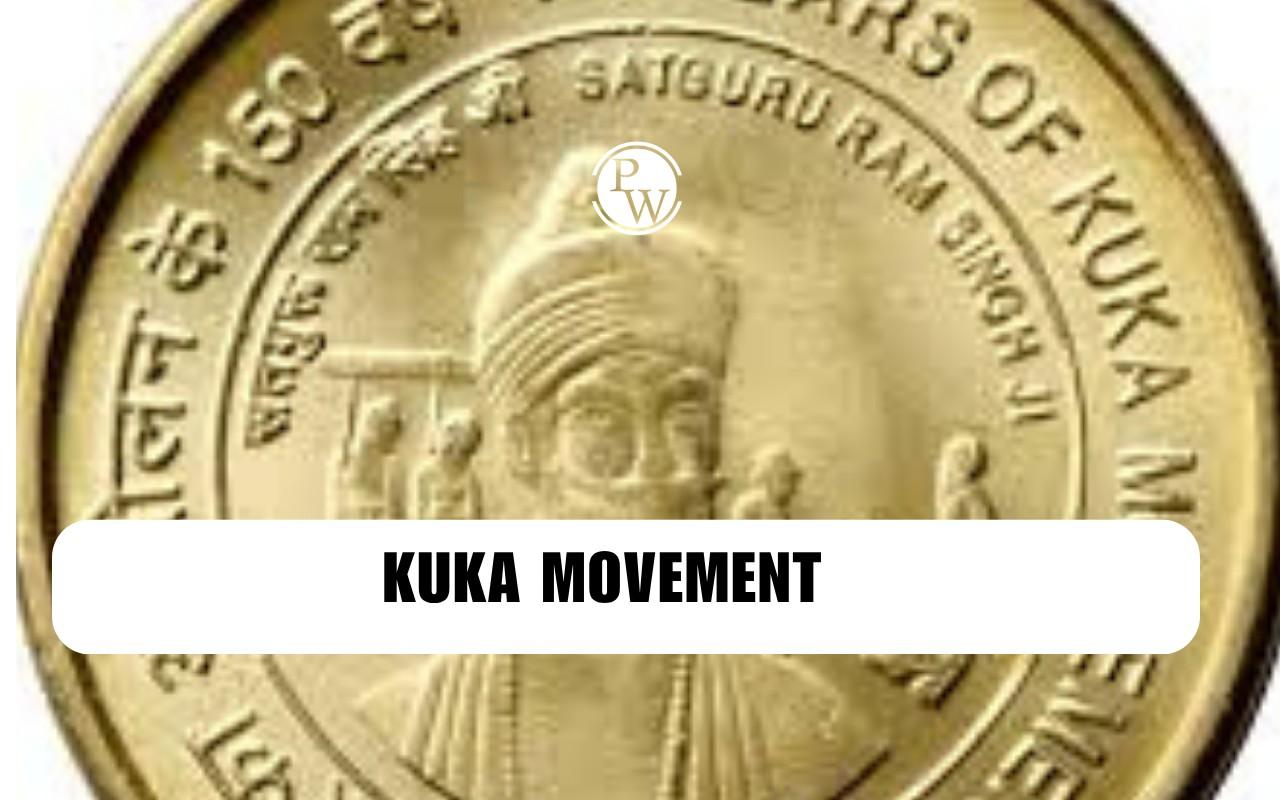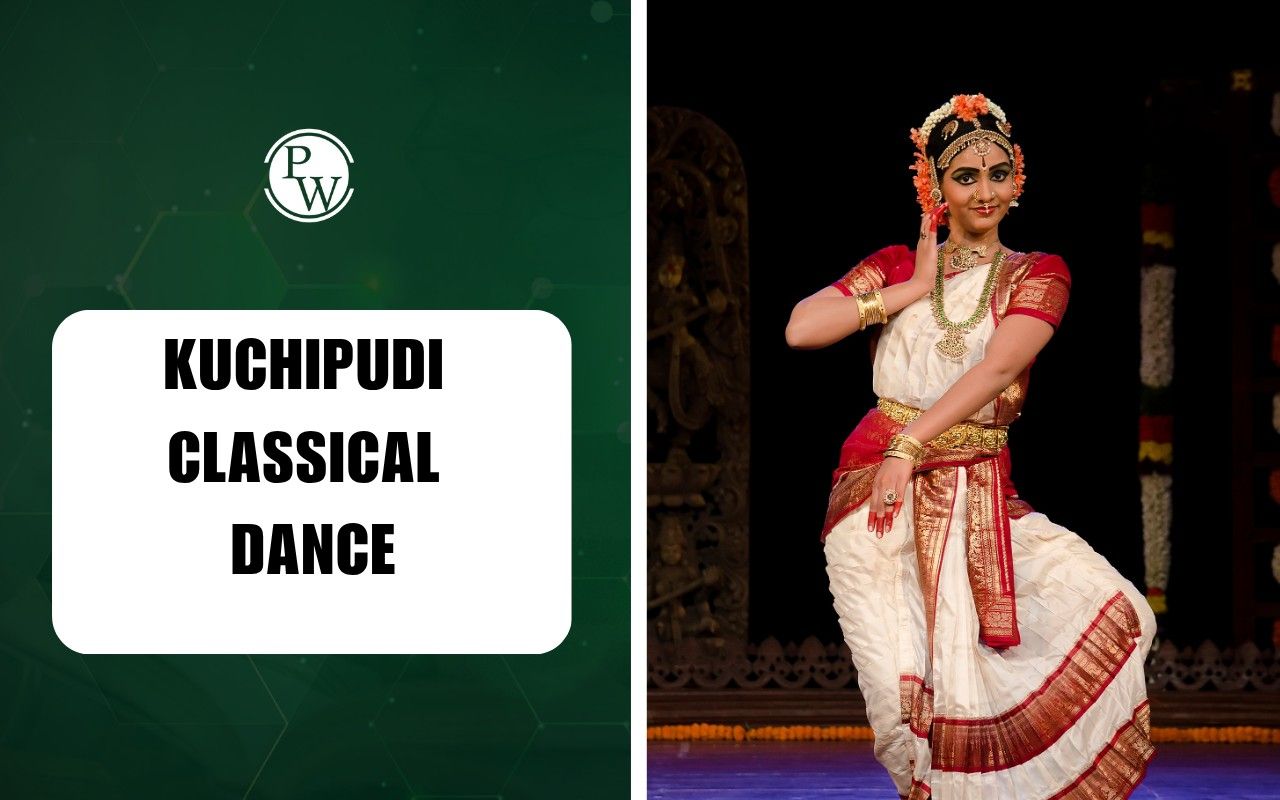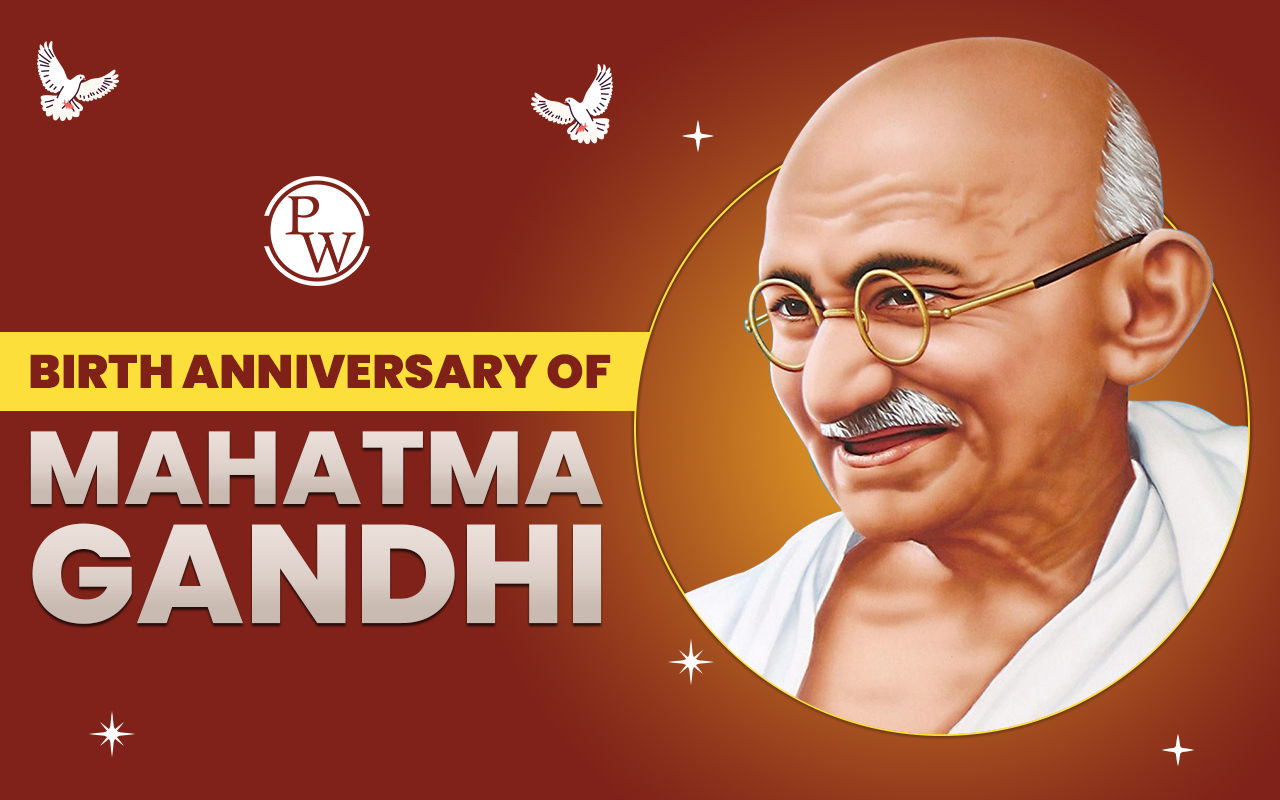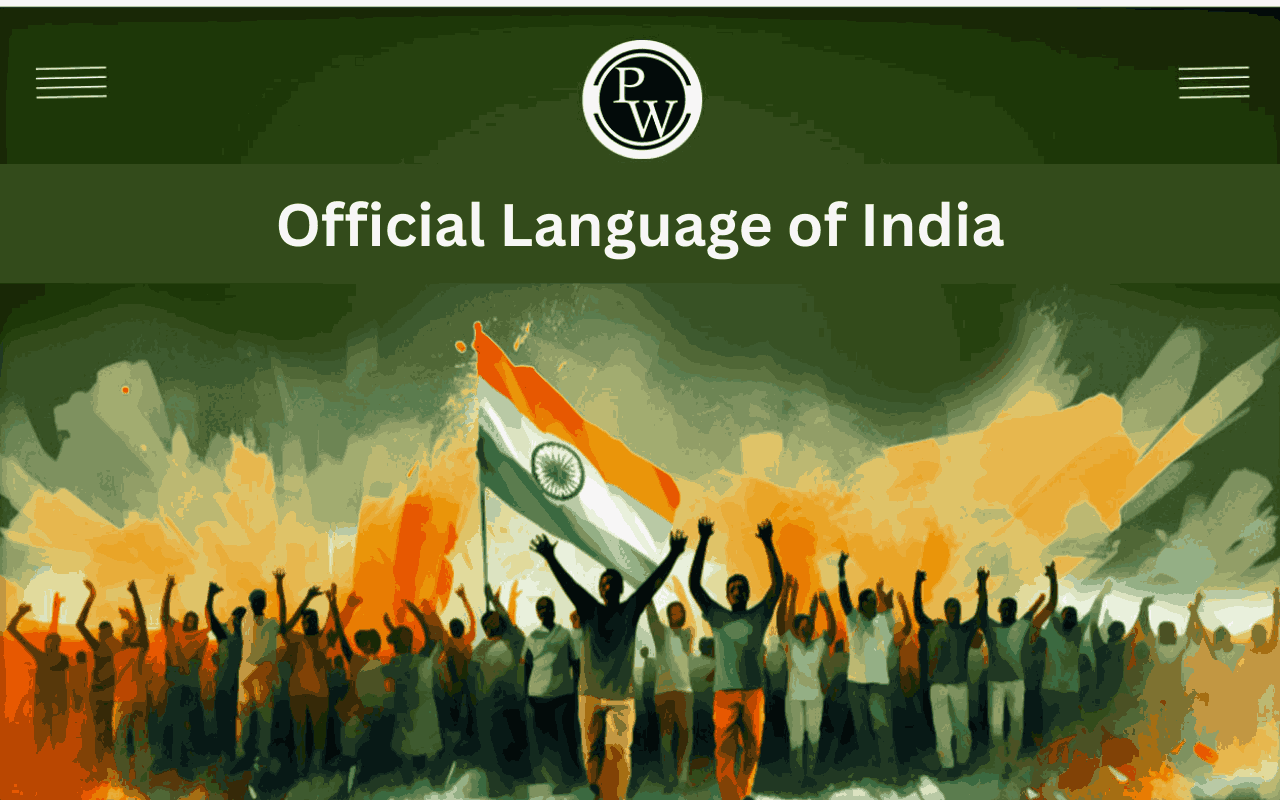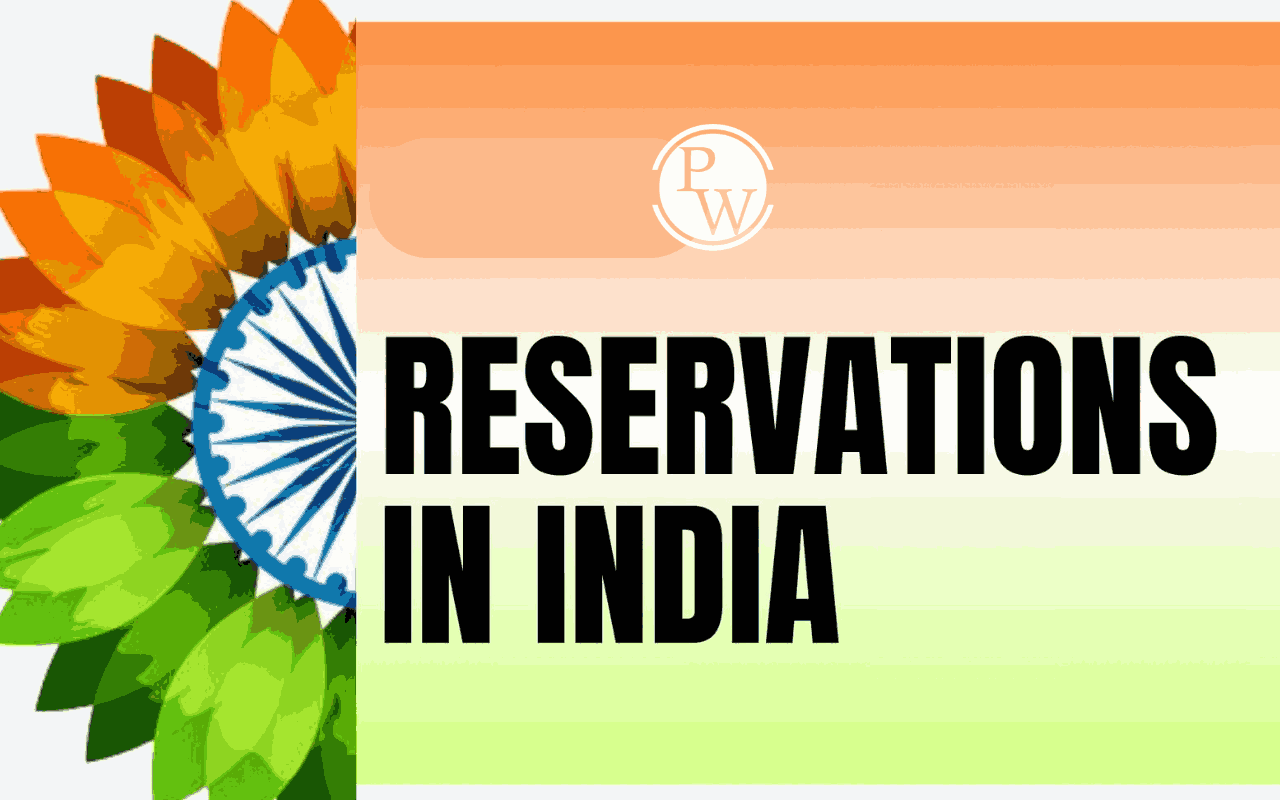
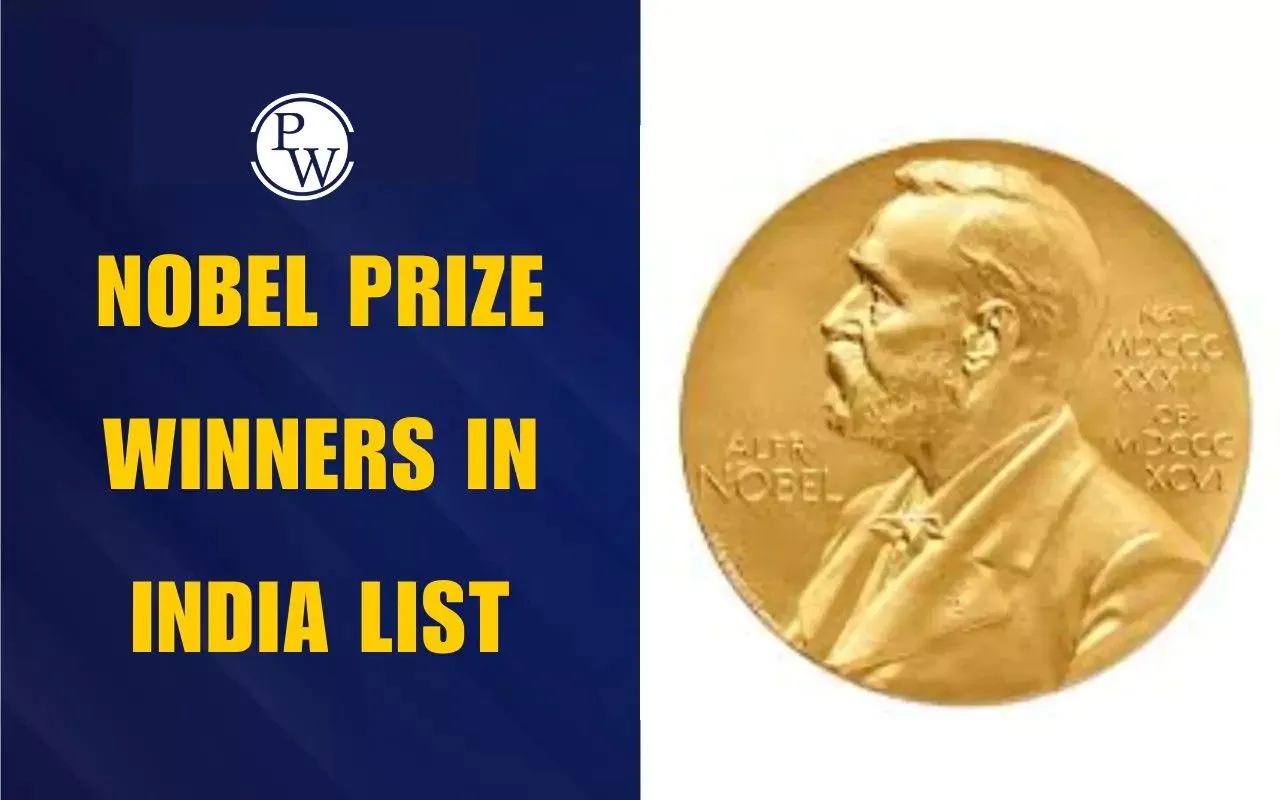
Nobel Prize Winners in India List: The Nobel Prize is one of the most prestigious awards in the world. It is presented to those personalities who make great contributions in the field of science, literature, peace, and economics.
India has a rich history of Nobel Prize winners. Indian citizens and Indian-origin people have achieved recognition for their outstanding work. There are several Nobel Prize winners connected to India. This Nobel Prize Winners in India List shows their achievements in different fields.
What is Nobel Prize?
The Nobel Prize was established by Alfred Nobel, a Swedish inventor, in 1895. He left a will stating that money from his fortune should be given to people who make the world better. The Nobel Prize is prestigious because it honours work that has a lasting impact on society, science, or culture. There are six main categories of the Nobel Prize Winners in India List:
| Nobel Prize Categories | |
| Category | Details |
| Peace | Awarded to people or organisations working for harmony and ending conflicts |
| Literature | Given to writers who create outstanding books, poems, or stories |
| Physics | Awarded for discoveries about how the universe works |
| Chemistry | Given for achievements in understanding materials and chemical reactions |
| Medicine | Awarded for discoveries that help people live healthier lives |
| Economics | Given to people who improve the understanding of money, trade, and welfare |
Nobel Prize Winners in India List
Several Indians and people of Indian-origin have been honoured with the Nobel Prize over the years. Rabindranath Tagore was the first Nobel Prize winners in India in 1913. He was the first Indian to win Nobel Prize in Literature. The complete Nobel Prize Winners in India List is provided in the table below:
| Nobel Prize Winners in India List | |||
| Year | Winner | Category | Contribution |
| 1913 | Rabindranath Tagore | Literature | Famous poet and writer, the first Indian to win Nobel Prize in literature |
| 1930 | C.V. Raman | Physics | Discovered the Raman Effect, the first Indian to win Nobel Prize in physics |
| 1968 | Har Gobind Khorana | Medicine | Pioneered research on the genetic code, first Indian to win Nobel Prize in medicine (Indian-origin) |
| 1979 | Mother Teresa | Peace | Helped the poor and sick in India, awarded Nobel Peace Prize |
| 1983 | Subrahmanyan Chandrasekhar | Physics | Studied stars and stellar evolution, an Indian-origin laureate |
| 1998 | Amartya Sen | Economics | Developed welfare economics, the first Indian to win Nobel Prize in economics |
| 2001 | V.S. Naipaul | Literature | Indian-origin writer recognised for novels and essays |
| 2009 | Venkatraman Ramakrishnan | Chemistry | Studied ribosome structure, an Indian-origin chemist |
| 2014 | Kailash Satyarthi | Peace | Worked to end child labour, awarded Nobel Peace Prize |
| 2019 | Abhijit Banerjee | Economics | Developed methods to fight global poverty, an Indian-origin economist |
Nobel Prize and India
India has a long association with the Nobel Prize, beginning in 1913. Some winners were Indian citizens, while others were born in India but won the prize while living abroad.
Nobel Prize Winners in India List have contributed to peace, literature, science, and economics. Their work has made India known worldwide. This list of Nobel Prize winners in India demonstrates how personalities from India have influenced global research, culture, and social development.
Detailed Profiles of Nobel Laureates from India
Several Indians have won the prestigious Nobel Prize over the years. It is a matter of great pride for the country. Being Indians, we should know about the Nobel Prize Winners in India List, the Nobel laureates and their contributions towards the global society in various fields.
Rabindranath Tagore
Rabindranath Tagore, who got first Nobel Prize in India, was a poet, philosopher, and musician. He is the first in the Nobel Prize Winners in India List. He became the first Indian to win the Nobel Prize in literature in 1913 for his collection of poems called Gitanjali. Tagore’s works expressed deep human emotions, spirituality, and the beauty of nature. Besides literature, he composed India’s national anthem, Jana Gana Mana. His writings and songs continue to inspire generations, promoting Indian culture and values worldwide.
C.V. Raman
Chandrasekhara Venkata Raman, popularly known as C.V. Raman, was a physicist who discovered the Raman Effect, which explains how light scatters when passing through different substances. He became the first Indian to win the Nobel Prize in physics. His research paved the way for modern physics and optics in India. Raman also encouraged scientific education and established the Indian Journal of Physics to support researchers.
Har Gobind Khorana
Har Gobind Khorana, born in Raipur, India, was a biochemist who played a key role in deciphering the genetic code and how DNA directs protein synthesis. He became the first Indian-origin laureate to win the Nobel Prize in medicine in 1968, along with Robert W. Holley and Marshall W. Nirenberg. His work revolutionised molecular biology and has applications in genetics, medicine, and biotechnology.
Mother Teresa
Mother Teresa, born in Albania, spent most of her life in India helping the poor and sick in Kolkata. She founded the Missionaries of Charity to serve the homeless, orphaned, and dying. She won the Nobel Peace Prize in 1979 for her humanitarian work. Mother Teresa’s efforts highlighted compassion and service, inspiring people worldwide to work for the welfare of the needy. The Nobel Prize Winners in India List is filled with such other personalities.
Subrahmanyan Chandrasekhar
Subrahmanyan Chandrasekhar, born in Lahore, India, was an astrophysicist known for his work on the life cycles of stars. He developed the Chandrasekhar limit, explaining how massive stars collapse into white dwarfs, neutron stars, or black holes. He received the Nobel Prize in Physics in 1983. Chandrasekhar’s research significantly contributed to the understanding of the universe and stellar evolution.
Amartya Sen
Amartya Sen is an economist and philosopher who developed welfare economics, focusing on improving human well-being and reducing poverty. He became the first Indian to win the Nobel Prize in economics in 1998. Sen’s work emphasises human rights, education, and health, influencing government policies and international development programs globally.
V.S. Naipaul
Vidiadhar Surajprasad Naipaul, born in Trinidad to Indian parents, wrote novels and essays about post-colonial societies. He explored identity, migration, and cultural conflict. Naipaul received the Nobel Prize in Literature in 2001. His books, such as A House for Mr Biswas, reflect India’s cultural influence and the complexities of modern life.
Venkatraman Ramakrishnan
Venkatraman Ramakrishnan, born in Chennai, India, studied the structure and function of the ribosome, a cell’s protein-making machinery. He shared the Nobel Prize in Chemistry in 2009 with Thomas A. Steitz and Ada E. Yonath. His research improved the understanding of how cells create proteins, impacting medicine, genetics, and molecular biology.
Kailash Satyarthi
Kailash Satyarthi is a child rights activist who fought to end child labour and trafficking. He founded Bachpan Bachao Andolan, rescuing thousands of children from slavery. He shared the Nobel Peace Prize in 2014 with Malala Yousafzai. Satyarthi’s work emphasises education and freedom for children, inspiring global movements for child protection.
Abhijit Banerjee
Abhijit Banerjee, born in India, is an economist who focuses on fighting global poverty. He shared the Nobel Prize in Economics in 2019 with Esther Duflo and Michael Kremer for developing experimental approaches to reduce poverty. His work provides practical solutions for education, healthcare, and welfare programs worldwide.
Nobel Prize Winners in India List FAQs
Who was the first Indian to win a Nobel Prize?
How many Nobel Prize Winners in India List?
What is the Nobel Prize?
Who was the first Indian to win a Nobel Prize in Economics?
Which Indian Nobel laureates received the Peace Prize?

